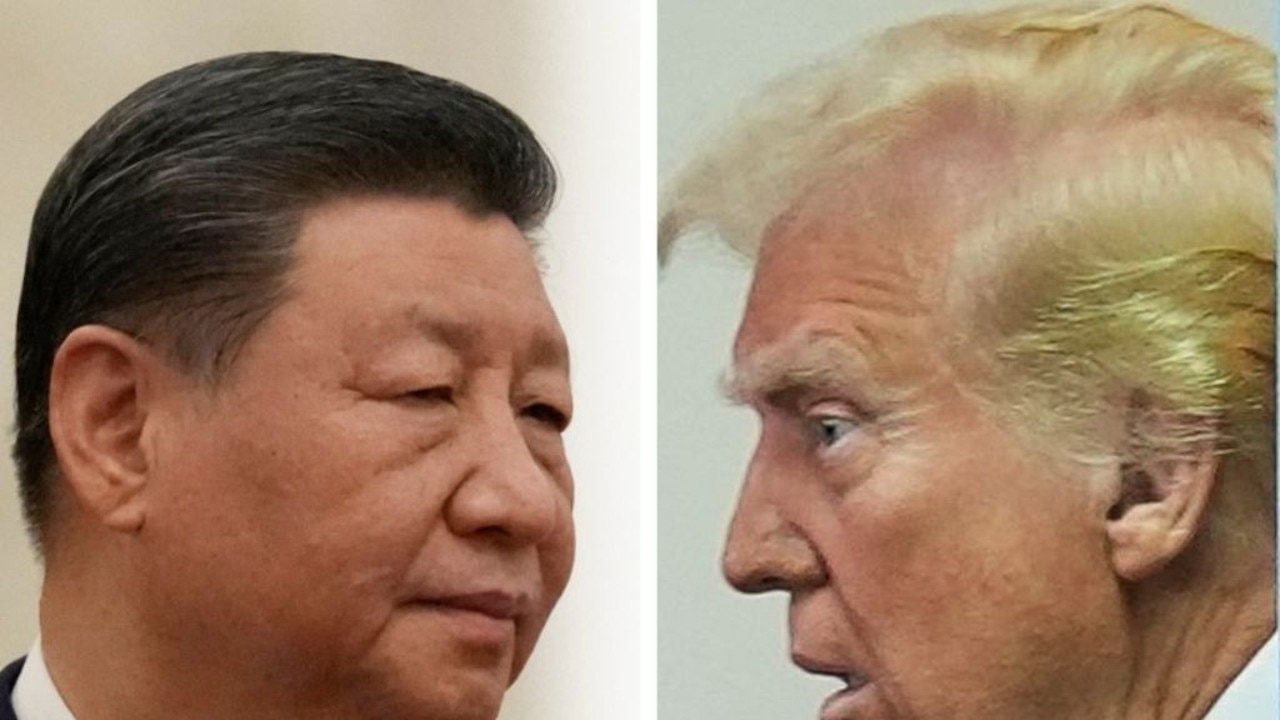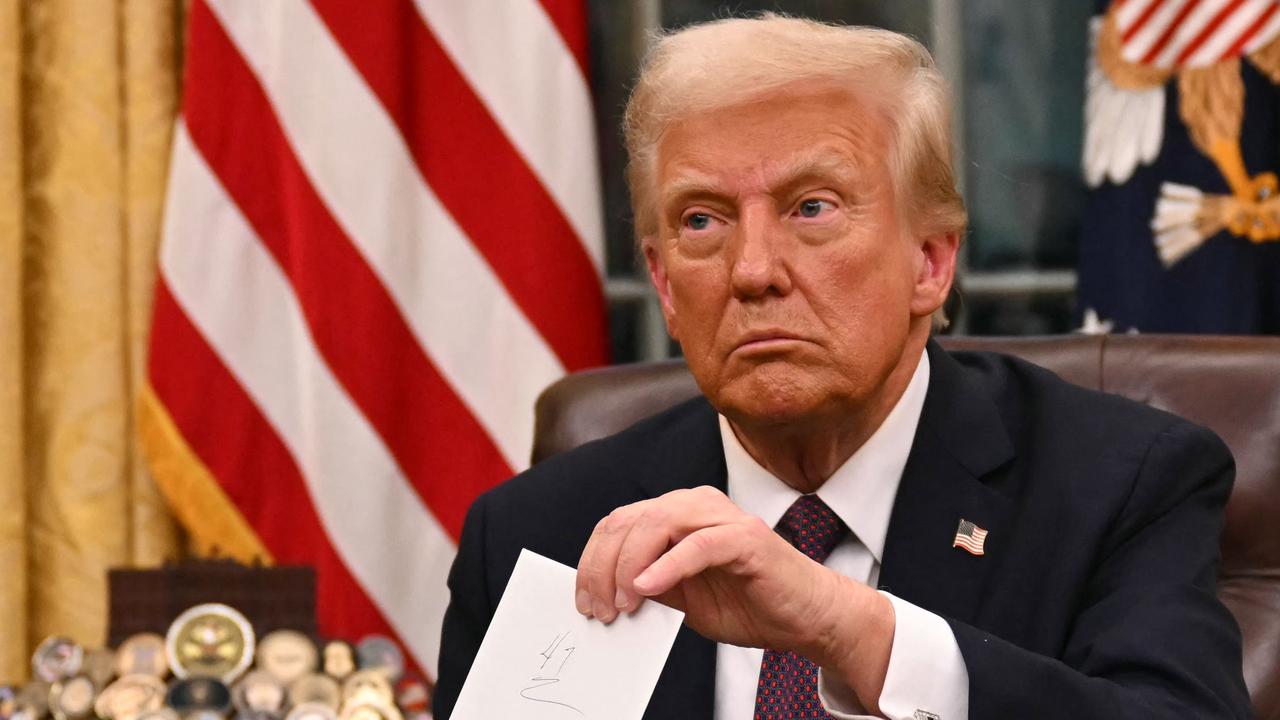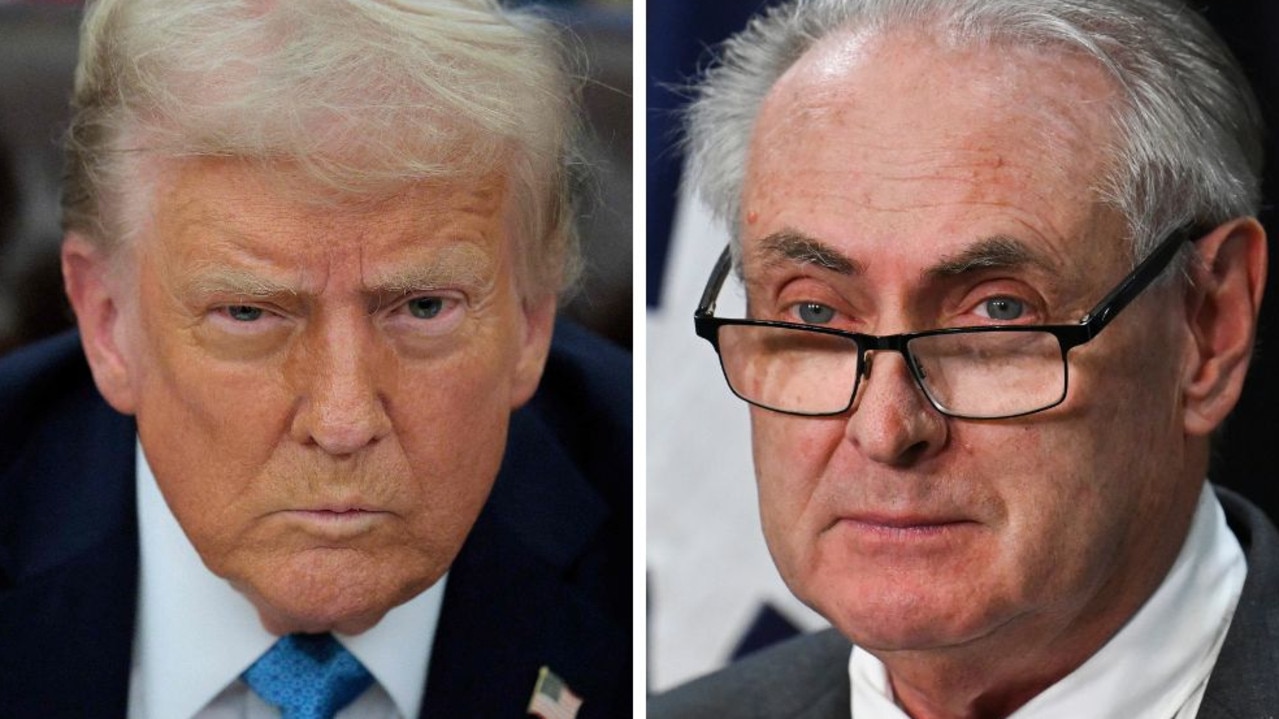Qatar crisis: Boycott of Gulf State starting to bite
THE tiny yet wealthy Gulf State is paying the price of going it alone from its bigger neighbours. Now the impact is starting to bite.

ITS citizens are ridiculously wealthy and with an average salary of $155,000, it’s fair to say people in Qatar have a fairly comfortable existence.
With the highest average income in the world, Qatar citizens are given free land, good jobs and access to prestigious universities.
However foreign workers who account for 90 per cent of the country’s three million residents aren’t so fortunate.
Despite the wealth of Qatar, there’s one thing the rich Gulf state can’t buy — friendship with its neighbours.
The independent state, the home of Al-Jazeera, found itself subjected to the wrath of its neighbours after rival Saudi Arabia led a total blockade against it accusing the state of harbouring terrorism last June.
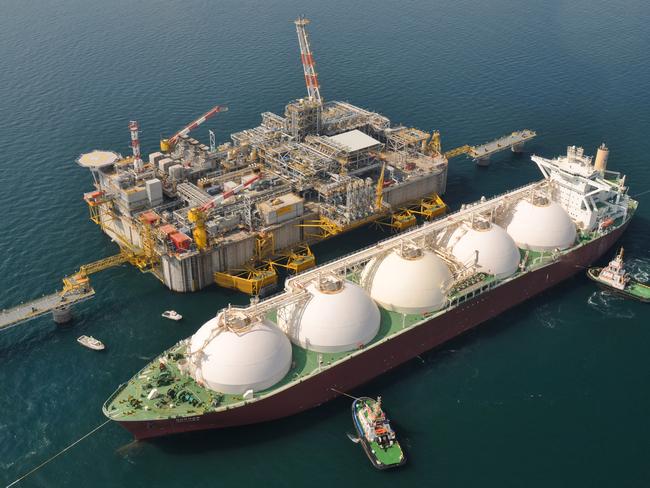
Saudi relations with Qatar remain highly strained after Riyadh along with United Arab Emirates, Bahrain and Egypt imposed a total blockade against it.
The Saudi-led alliance accuses Qatar of supporting extremist groups and of being too close to Iran, a charge Doha categorically denied.
While Kuwait has been leading mediation efforts to resolve the dispute, the Gulf State is starting to starting to feel the pinch, according to the New York Times.
Qatar’s only land border remains closed while its ships have been blocked from passing through Emirati ports.
Planes are also restricted from flying over neighbouring airspace, which has led import prices to soar and the stock exchange to lose one fifth of its value.
In an interview last year, the emir of Qatar, Sheikh Tamim bin Hamad al-Thani said his neighbours were simply jealous.
“They don’t like our independence,” he said.
“They see it as a threat.”
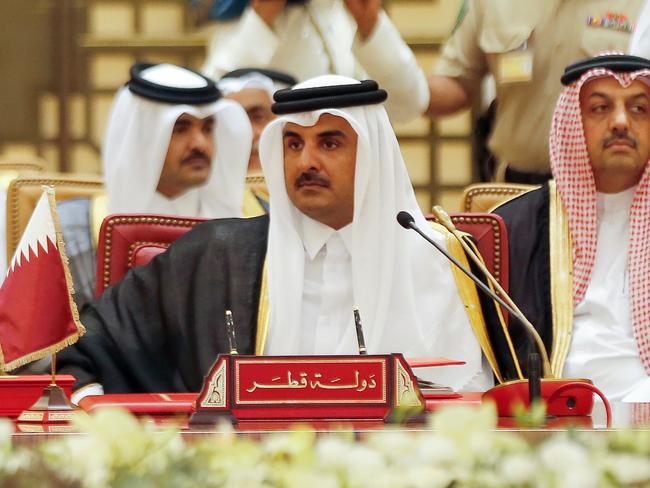
DOWN BUT NOT OUT
A report released earlier this week found Qatar’s economy has so far weathered the impact of a months-long blockade by neighbouring countries, although its tourism and real estate sectors have taken a hit.
The tiny Gulf state’s economy has maintained positive growth in the seven months since the Saudi-led air and land siege, according to a report by Capital Economics.
“Recently released national accounts data confirmed that Qatar avoided the worst fears that the diplomatic crisis would plunge its economy into recession,” the independent London-based research firm said.
The economy of the gas-rich state grew by 1.9 per cent in the third quarter of last year, up from 0.3 per cent in the previous quarter, it said.
Growth of the non-hydrocarbon sector, which is more vulnerable to the blockade, remained unchanged at 3.2 per cent in the third quarter.
The foreign liabilities of Qatari banks rose in November for the first time in six months, a sign that domestic banks have secured additional financing from foreign banks, it said.
Not all is sweet and rosy however with the tourism sector hit hard by the boycott, with visitor arrivals down 20 per cent in November compared to the previous year.
Flights into Qatar were down 25 per cent and flights by Qatar Airways were cut 20 per cent in the same period.
Capital Economics estimated that tourism receipts between the start of the blockade in June and end of 2017 dropped $600 million compared to the previous year.
Real estate prices also fell by 9.9 per cent.
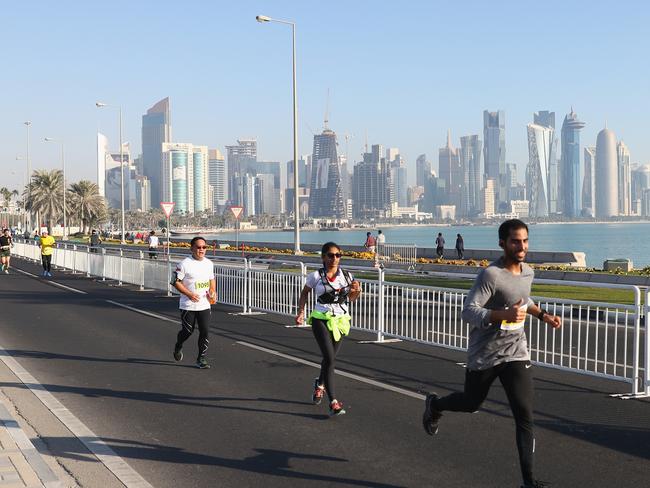
MORE THAN MEETS THE EYE
In an interview with news.com.au last year, Middle East expert Dr Ben Rich said the dispute wasn’t really to do with terrorism at all.
Dr Rich, a lecturer from Curtin University’s Department of Social Sciences and Security Studies, said the terrorism justification was in many respects an excuse, for Saudi Arabia to justify the dramatic action to the West.
He said Qatar’s support of Islamist organisations such as the Muslim Brotherhood had long been a thorn in the side of Saudi Arabia, but he pointed out this argument was questionable given many of those terror links weren’t exactly a direct threat to them.
Dr Rich said the blockade was timed and Saudi had launched a smear campaign against its rival months before the blockade started.
— with AFP

